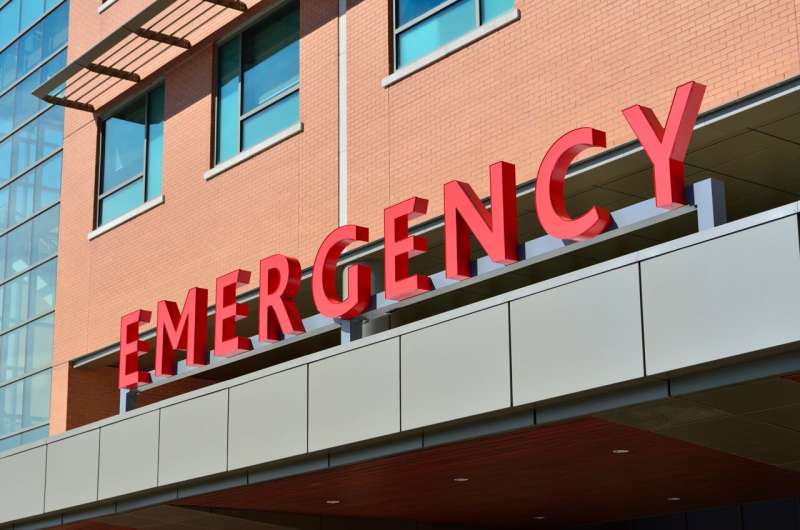Rising Wait Times for Emergency Hospitalization: A Growing Concern

A new study reveals that wait times for emergency hospitalization have increased significantly, with many patients experiencing delays of over 24 hours, raising concerns about patient safety and healthcare system capacity.
Recent research highlights a concerning trend: the increasing duration patients spend waiting in emergency departments (EDs) before being admitted to a hospital. Ideally, patients requiring emergency hospitalization should be transferred to a hospital bed promptly to receive necessary care. However, a rising phenomenon known as 'boarding'—where patients remain in the ED for hours or even days awaiting inpatient beds—has become increasingly prevalent. A comprehensive study analyzing data from 46 million emergency visits across all 50 states from 2017 to 2024 reveals that this issue has worsened significantly over recent years.
Prior to the COVID-19 pandemic, boarding already posed a problem, but its severity escalated markedly starting in mid-2020 and has persisted since then. By 2024, over 25% of patients admitted during non-peak months and nearly 35% during peak winter months experienced waits of four hours or more for a hospital bed. Even more alarming, nearly 5% of all patients admitted during winter months waited over 24 hours for a bed—a stark contrast to pre-pandemic times when such long waits were rare.
This prolonged boarding not only causes delays in crucial medical intervention but also elevates patient safety risks and strains emergency care systems. The situation is particularly acute among vulnerable groups, including seniors aged 65 and older, non-English or non-Spanish speakers, and Black patients. The Northeast region saw the highest rates of 24-hour-plus boarding.
Experts warn that sustained high levels of boarding threaten the capacity and functionality of emergency departments nationwide. The issue is linked to systemic mismatches between the demand for emergency services and the available inpatient resources. Solutions proposed involve better management of hospital beds through scheduling, early discharges, and regional data sharing, as well as increasing support for rural and behavioral health services.
Efforts by hospitals, such as expanding inpatient capacity and implementing innovative care strategies, are underway to mitigate these delays. Nonetheless, experts emphasize the need for more rigorous research and comprehensive policies to address long-standing structural issues that exacerbate ED overcrowding. Addressing these challenges is vital to ensure timely care, improve patient safety, and sustain emergency healthcare capacity amid ongoing and future crises.
Source: https://medicalxpress.com/news/2025-08-emergency-hospitalization-higher.html
Stay Updated with Mia's Feed
Get the latest health & wellness insights delivered straight to your inbox.
Related Articles
Genetics and Treatment Type Key Factors in Second Cancer Risks Among Childhood Cancer Survivors
New research shows that genetics and therapy type significantly influence the risk of second cancers in childhood cancer survivors, paving the way for personalized follow-up care.
Promising Oral Medication for Treating Fatal Childhood Brain Disease
A new oral drug, leriglitazone, shows early promise in reversing or halting the progression of fatal childhood brain disease cALD, offering hope for safer, more accessible treatment options.
Innovative Mechanism Enhances Immune Response Against Cancer
A new discovery reveals how less active variants of the NOD2 gene can supercharge the immune response, improving cancer immunotherapy effectiveness and personalizing treatment approaches.
Factors Influencing the Effectiveness of Prescription Weight Loss Medications
This article explores key factors that affect the success of prescription weight loss drugs like GLP-1 receptor agonists, highlighting personalized strategies for effective weight management.



